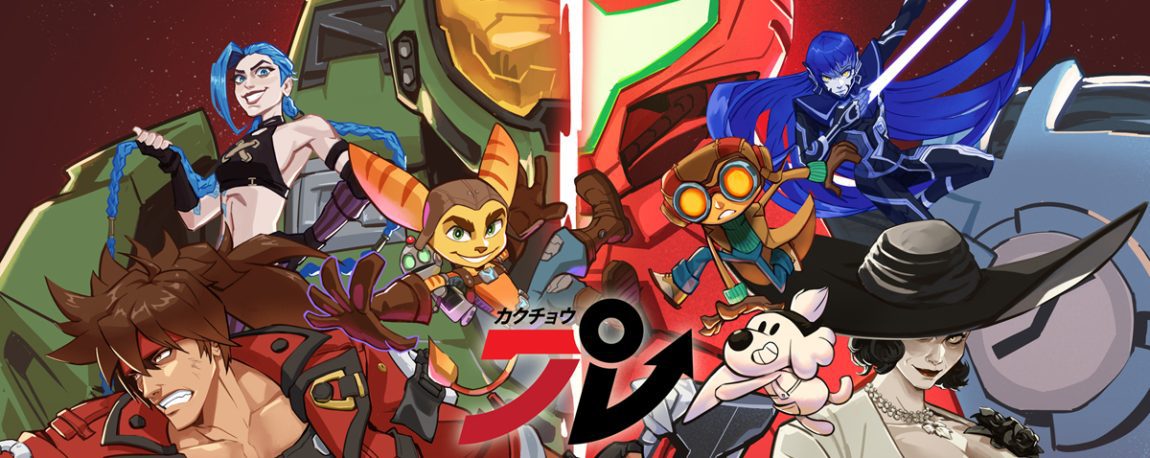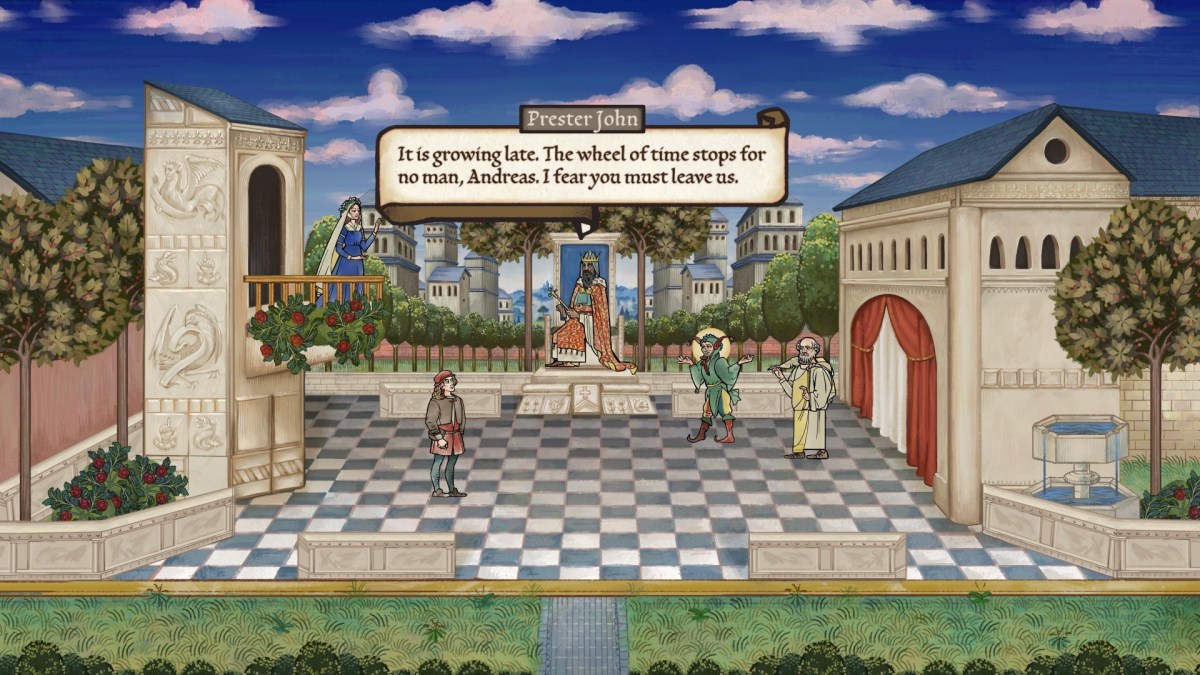We talk to Pentiment Director and Art Director about the game’s unique art and influences
Pentiment is another kind of beast for developer Obsidian, which is known for its rich RPG titles with multiple paths and some form of action and humor tied to its narrative and choices. From good Fallout games to The Outer Worlds, they’re masters at having players forge their own destiny while engaging with its design restrictions.
This new, smaller title they are creating is intended to appeal to the general public: Pentiment is a historical adventure game set in the 16th century in Upper Bavaria, in the Holy Roman Empire, where you play as an artist named Andreas who is caught up in the most disgusting murders and scandals. , solve them while making art. Although not an RPG, Pentiment contains light RPG elements that allow players to create characters and see the world’s reaction to them and their choices. Even in-game text during conversations is uniquely displayed; The game’s font rendering technology includes printed text that is pressed into a page like an actual press. And if that’s not your jam, Pentiment’s accessibility option will make sure text is readable, whether through font changes or increased font sizes.
Obsidian stays true to its RPG roots with Pentiment, though the adventure game attributes are indeed new to those familiar with the developer’s portfolio. We are more than curious, so we spoke to game director Josh Sawyer (left) and art director Hannah Kennedy (right) on the game to the smallest detail.
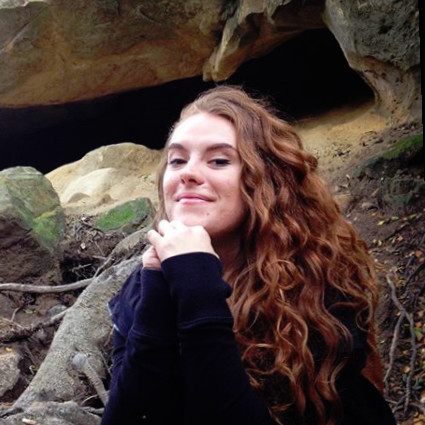
On how downsized this game was to other past Obsidian projects
Hannah: Oh yes, it’s much easier to follow these discussions with a smaller team than The Outer Worlds. It’s easy to keep cash on hand and be flexible about resources and who wants to do/experiment with what. It was really fun to work with a small group of extremely passionate people who were comfortable enough to take risks and do a lot of experimentation.
We started working on Pentiment pre-COVID when we were looking to work remotely, but the transition here was easier because the team was smaller.
On the impact of art history on repentance
Hannah: Art history had a huge impact on the making of this game. It’s a story and we’re trying to recreate the setting. It’s a story about what it was like to be a working artist back then.
There’s a lot to learn from the art history as well as informing the character and how they exist in this world, as well as informing what the play space is like. It was fun to do straight reference to works of art in history. Our audience will share the same interest in this ability.
The Pentiment period is pre-photographic, so we don’t have any references to how the historical setting accurately resembles, as well as the social hierarchy at the time; like how artists see themselves. We have therefore referenced various paintings from the period to give us background information on the rooms and details of daily life during this period.
One example is that Andreas’ design is influenced by German artist Albrecht Dürer’s self-portrait design, even down to the hair. The Nuremberg Chronicle has so many engravings, and these really help us lay out the backgrounds of the scene and the space with the buildings, and determine what the views and large outdoor spaces look like.
On whether art history buffs influence game design
Hannah: Yes definitely. Josh is a history buff on the specific region and time.
I come from a traditional western art school, with a great deal of experience in European art history. It is interesting to dive into this chapter of history, to learn more about the work of the artist, what he did and how he did it.
Joe: My father is a sculptor. Growing up, I remember the mini library outside my bedroom, there were books on European art and its history. As a child, I loved reading these books. When I went to school, I learned regular history, but there was always an intersection between the two. I have always been interested in Dürer and Hans Holbein, as well as other popular artists at the time.
Why explore this particular period in Bavaria?
Joe: My interest in Bavaria and Germany started when I was doing genealogical research. There is a bit of ambiguity in the family as to where my grandparents came from. I just learned my family history; my grandmother was born in Kempten in southwestern Bavaria. When I was studying music and history at university, I discovered the German language and culture. This particular period in time is interesting because it is a time of social unrest; the way of life of the German peasant was rather chaotic, and the reformation which preceded it was interwoven with this turmoil in many interesting ways. I just thought it would be interesting to tell a personal story about Andreas and the historical context that happens around him and the people he meets.
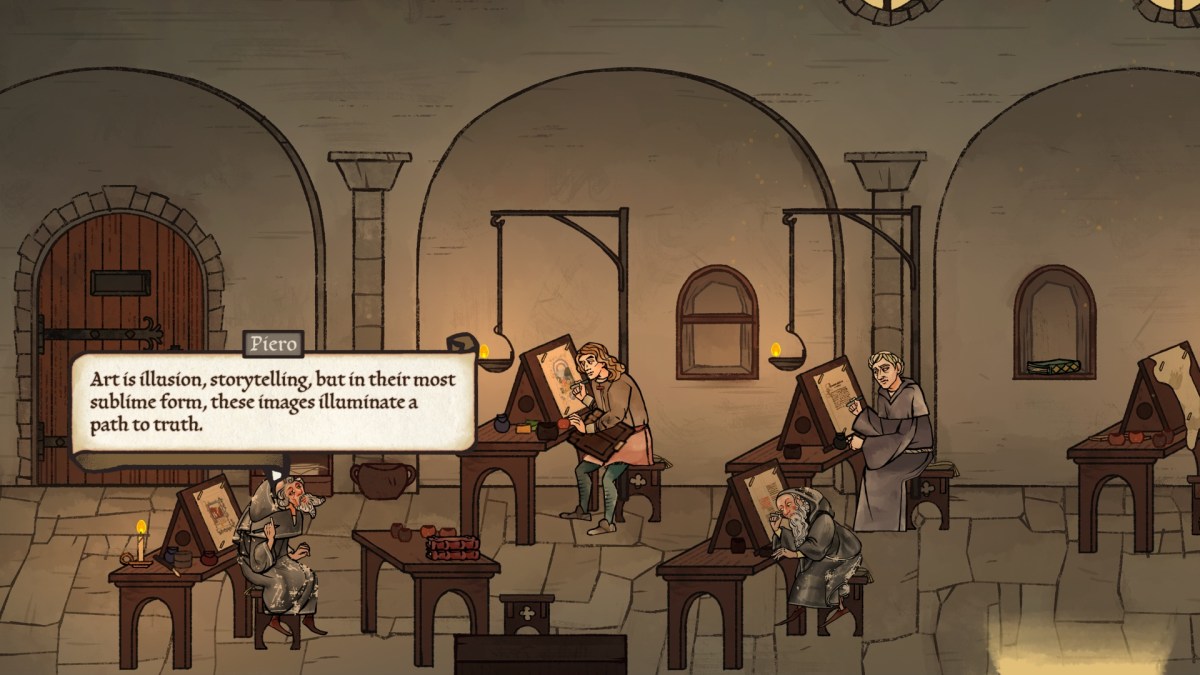
On Recent Inspirations for Repentance
Hannah: We watched an animated movie called Wolfwalkers. If there was one thing to remember from this film, it’s that it really opened up a point of progression for me from an artistic point of view. We had a similar struggle over how to marry woodcut, illustration and manuscript styles. While Wolfwalkers was more modern and appropriate for an animated feature, we opted for a more adaptive look to ensure it matched the tone we represent in a game context.
Joe: Another inspiration we haven’t talked about is Andrei Rublev who is the life of the monk who is an iconic painter. What is fascinating is that it takes time and you can see how it has evolved and changed throughout its life. It’s a cool thing to tell the story of one central person who is involved in a community over a long period of time.
On how Xbox took this idea; Were they receptive at first?
Joe: I always wanted to make a history game, but I couldn’t identify the moment when I said to myself “why not make a history game where it’s an adventure game that was small” . But it wasn’t until Microsoft was going to acquire Obsidian that I thought “why not do this idea now?”
This is for two reasons. One: Game Pass as a platform is appropriate for this type of game. Two: I thought Microsoft would be open to us trying something unusual. If we had tried to get Pentiment funded through traditional publishing, it wouldn’t have worked. From a publisher/developer point of view, it definitely clicked with Microsoft when they acquired us and when they had Game Pass as their platform.
How Religion Plays In Repentance
Joe: I am a secular person, but I don’t think we can be secular at all in 16th century Bavaria. It is a world in which religion is real for everyone in society. According to the historical documents left behind, they are Catholics (laughs) at least until 1518.
We approach as if everyone in the world is a believer in some way. People’s beliefs vary a bit. Some are devotees, some are observant, some are not. Some have strange beliefs, which is common at that time and in European Christianity. We approach it from a historical point of view; people weren’t monolithic in their beliefs, but this is a time when there is conflict and there is a change in the religion that is so central to everyone’s life.
If you noticed the trailer, there’s a wheel of time moving forward that contains the manastic hours. Before there were clocks in the middle of town, if you live near a monastery, you hear the bells ringing by the monks who use them to signify prayer times for divine offerings. It is no exaggeration that people marked time by referring to religious people who used bells to mark time. It’s the heart of the game, we take it seriously and try to explore it in a mature way.
Whether the game will have branching narratives or multiple endings
Joe: Yes. It is the obsidian that people know well. One of the things we talked about is dealing with suspects. There is no DNA to be taken and there is no forensic science at the time. The legal system here is rather strange. There’s a lot of ambiguity here, so you have to assign the murder to whoever you can, using your best judgment. Maybe there’s someone you want to see go, because the punishment for murder back then is quite severe. We really want you to see these consequences play out over a long period of time while playing Pentiment.
That said, there is a strong connection narrative that ties into Andreas. We’re trying to do the classic thing where we weave choice and interactivity into a strong storyline.
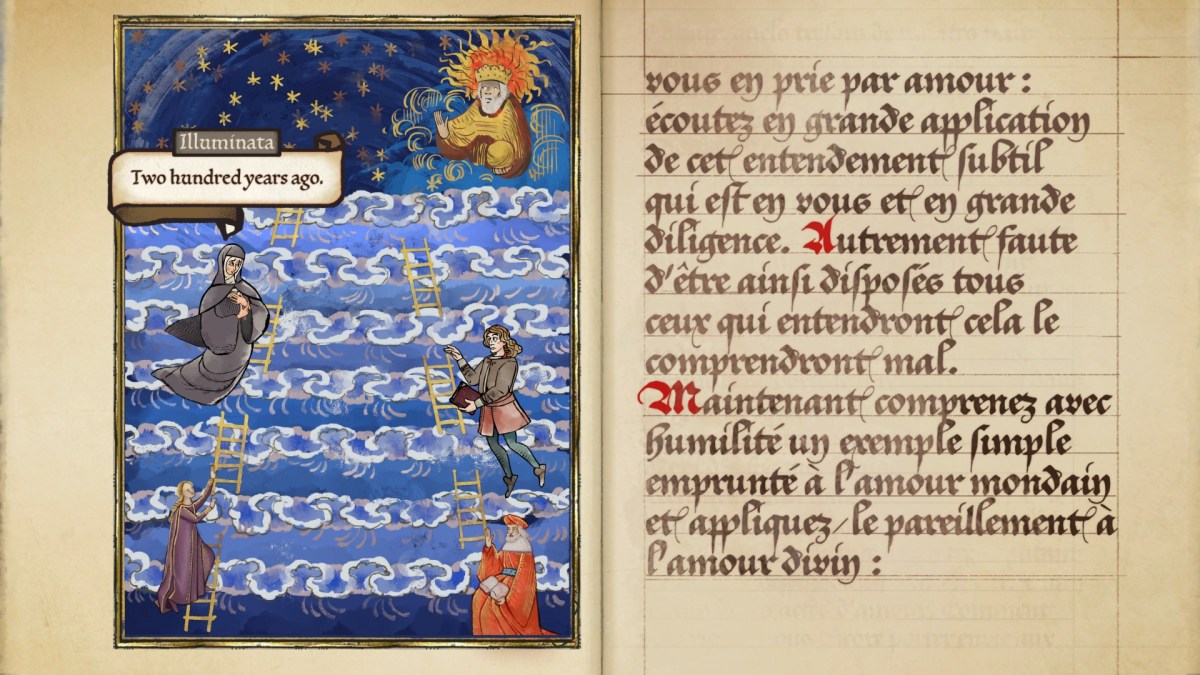
Does the player have the choice to develop these relationships?
Josh: Yes. In many parts of the game, you can’t do everything. There are times when you can’t eat with everyone in town, so you have to choose who you should eat with. These choices will impact their relationship later. Or there’s a choice you make in public that raises your standing with one person but lowers the other. We try not to get bogged down by visibly tracking them with a counter or indicators. We’ll let you know when you pay attention to the characters and let you know when they return to conversations.
On lessons learned from developing Pentiment that you both want to implement for future Obsidian projects
Joe: This is the first game I’ve personally worked on where there’s a single central character in the story. There are choices and consequences, but it’s a predefined character with his story and his stuff. Most of the RPGs I’ve worked on star characters that are clean slates; Repentance is different in this respect; we’re still writing about a character that’s a lot more defined, but it still feels like you can do a ton of choices with dialogue and attitude. You can choose to be different types of Andreas Maler, and that’s cool.
Personally, I would like to work on more games that are like that. I found it very liberating in a very cool way.
Hannah: Due to the pacing, story and setting, this is an opportunity to add details that we want to make the game as realistic as possible and populate the space without relying on crucial points like combat and a collection system. One example is that there are a lot of children in our game, which is a facet of life that is overlooked even in narrative RPGs. In their inclusion, I encounter them in gameplay and have a positive reaction to seeing children and adults interact; these small details reflect micro-narratives and smaller story moments.
It’s rewarding to do and see people experiment while playing in a way that I never expected. I will keep this with me whenever I think about important information to include and positive experiences to include in role plays.
Pentiment will be released for Xbox Series, Xbox One, and PC on November 15.

